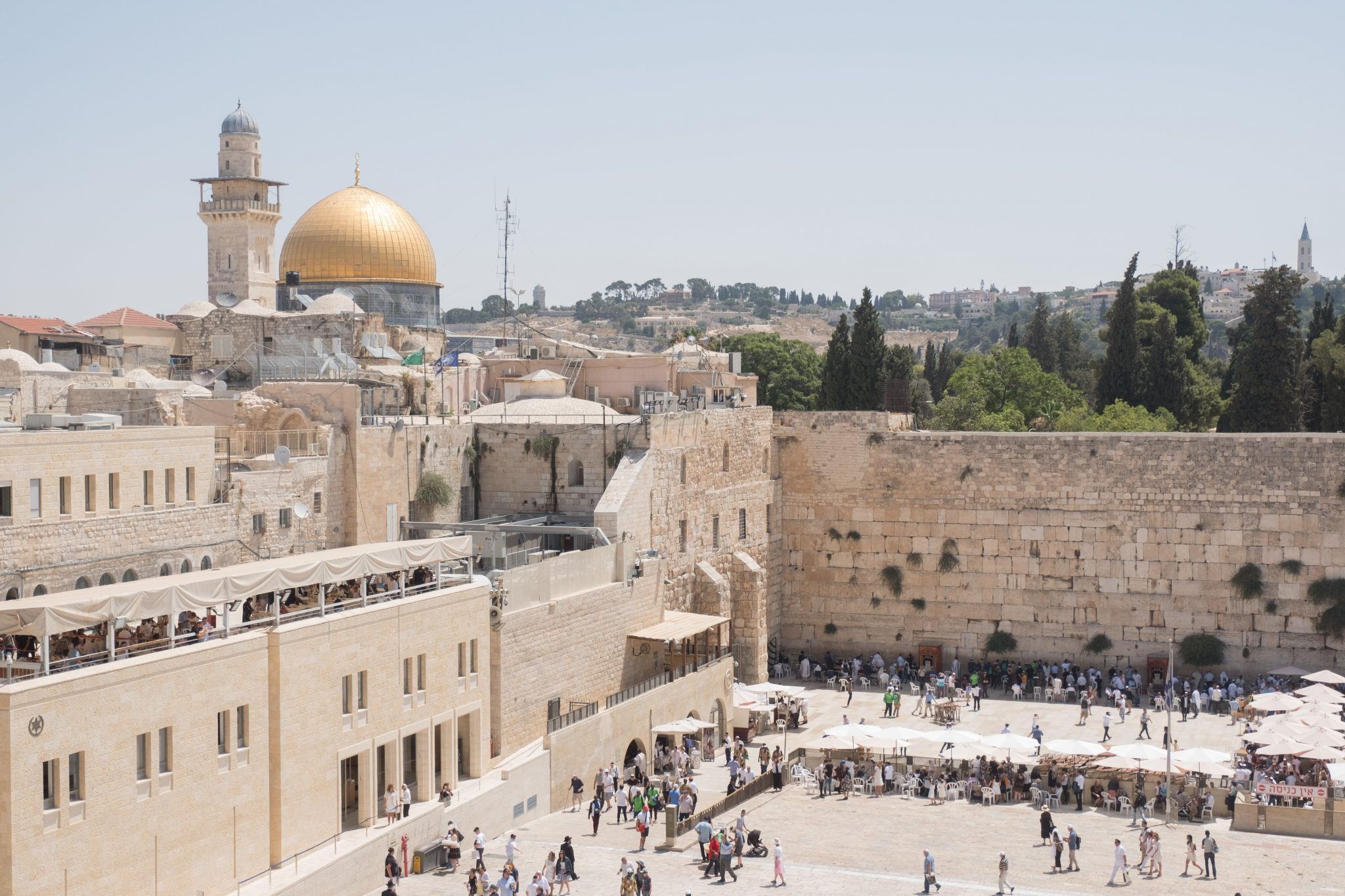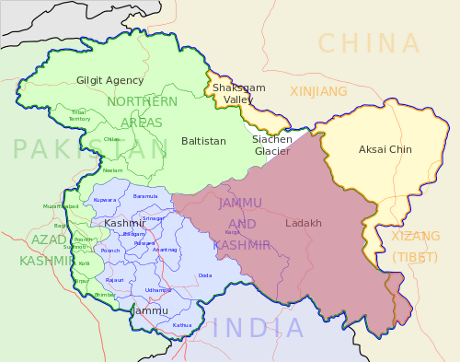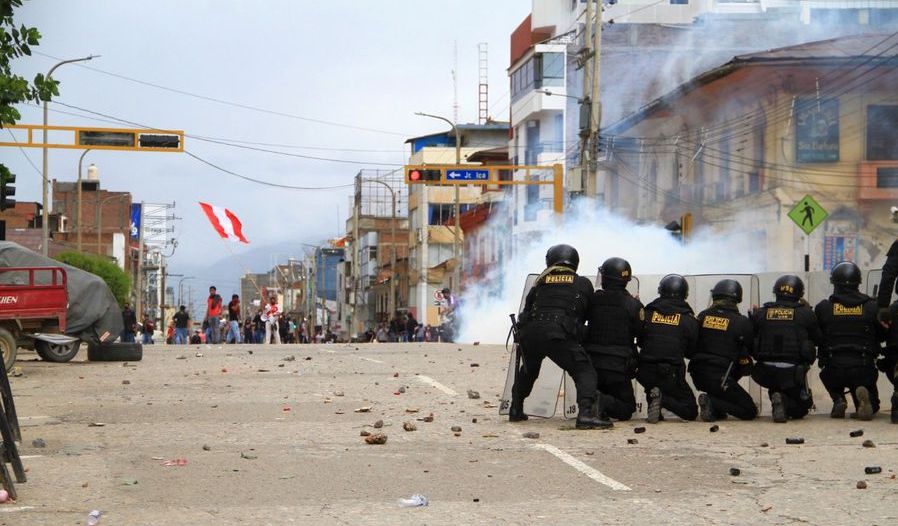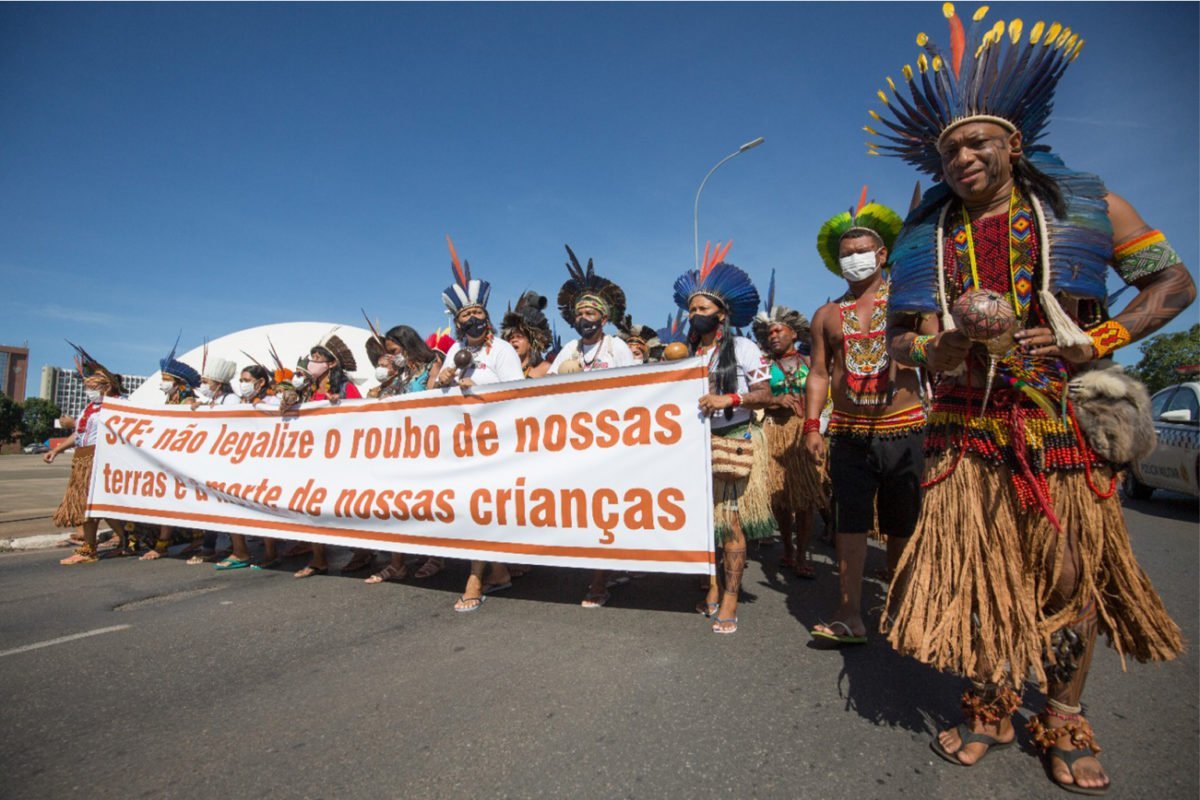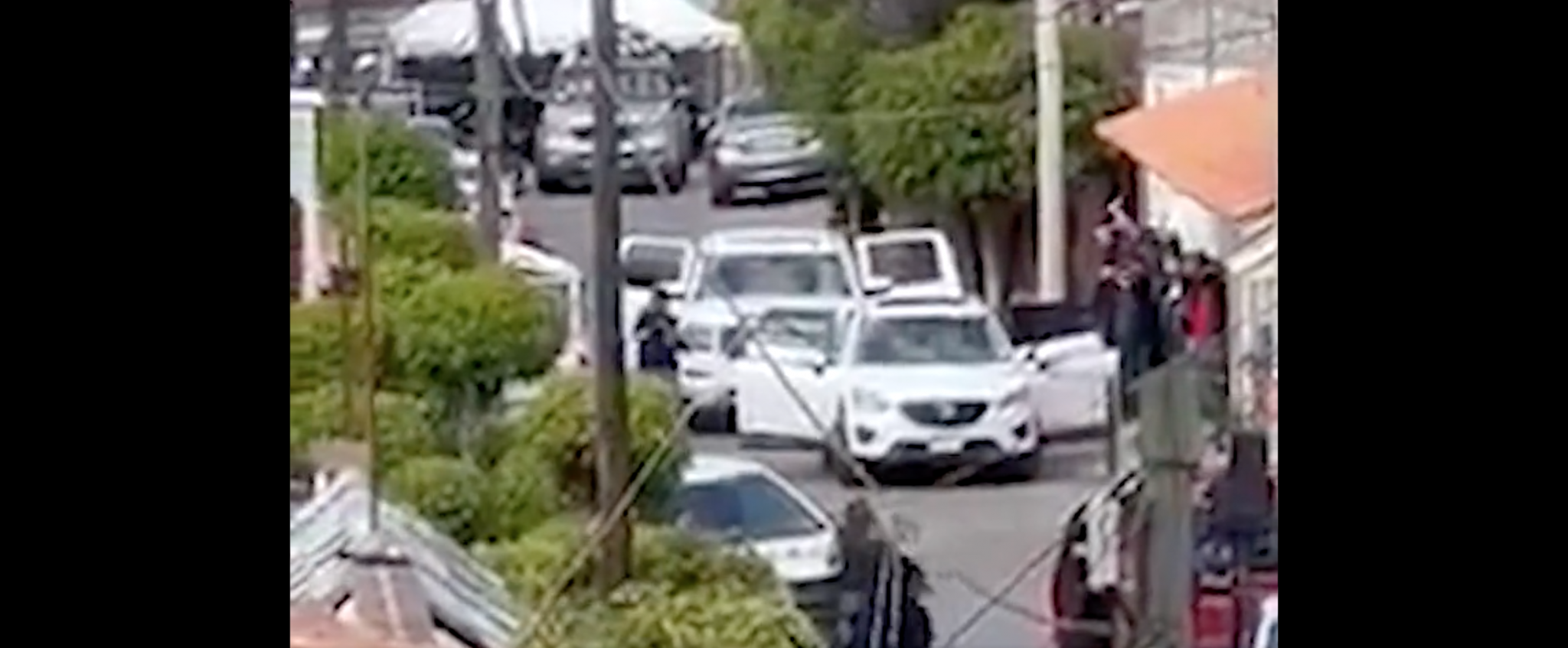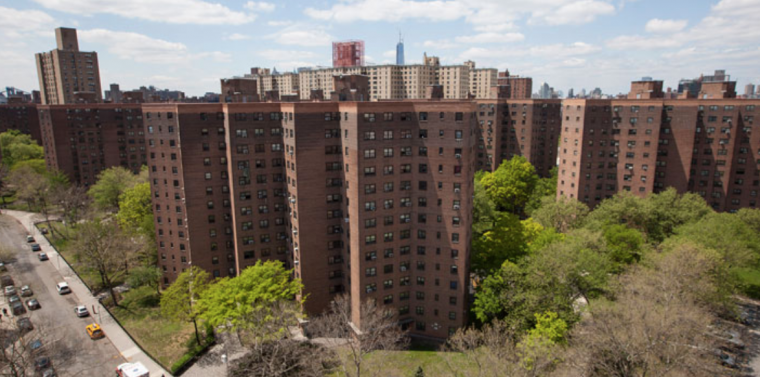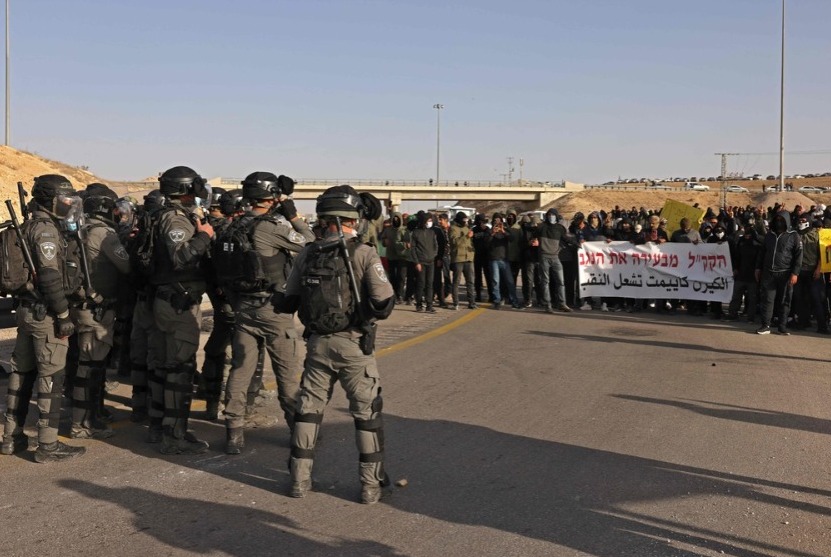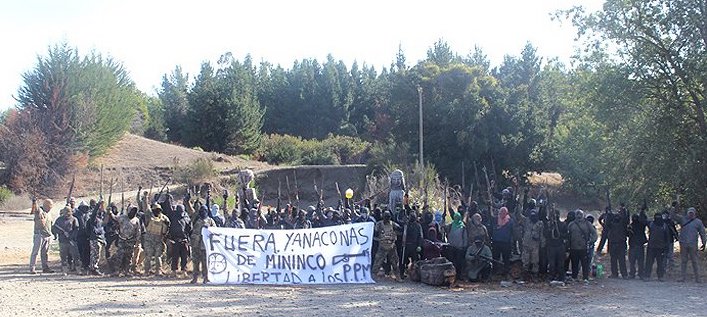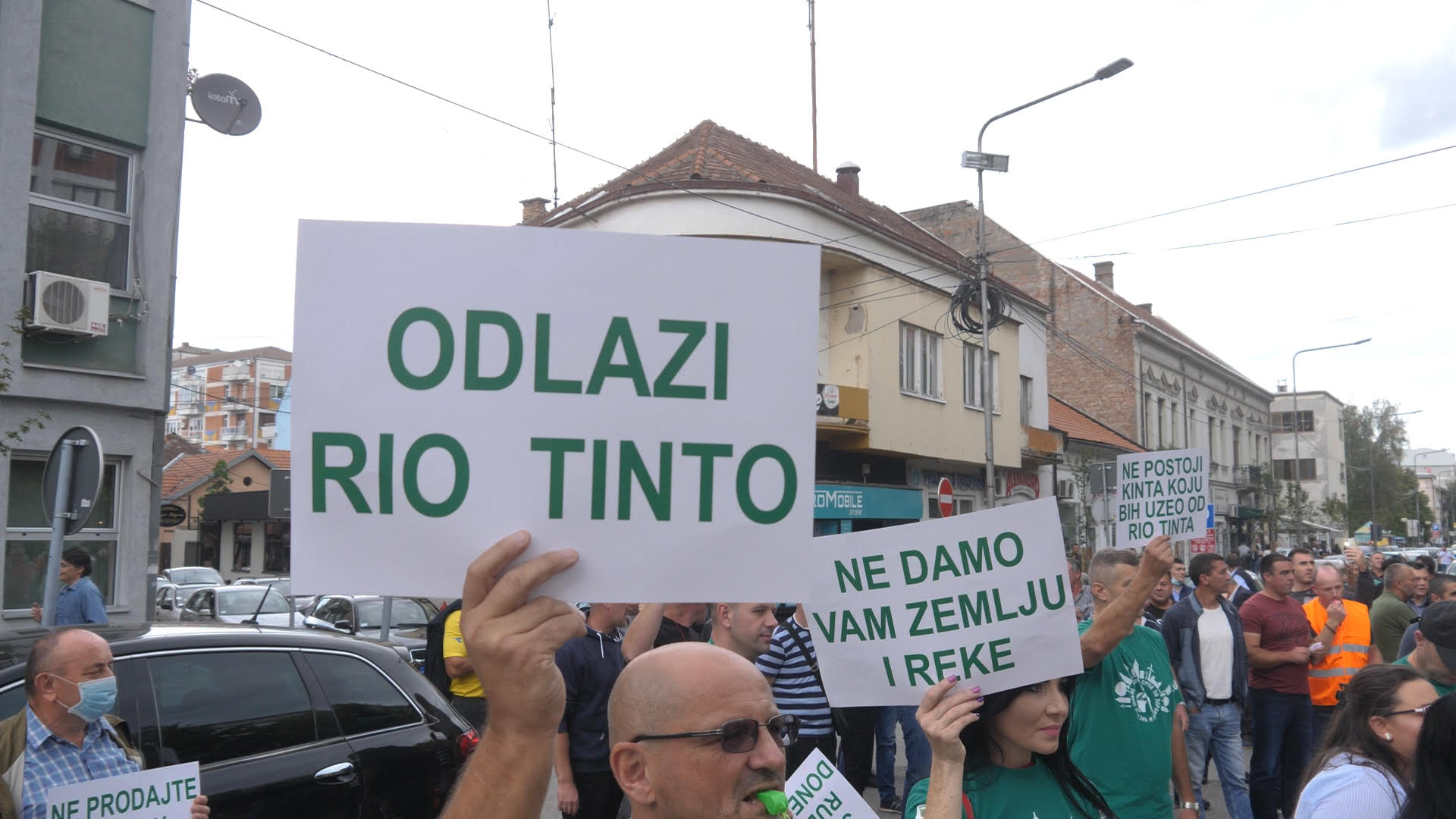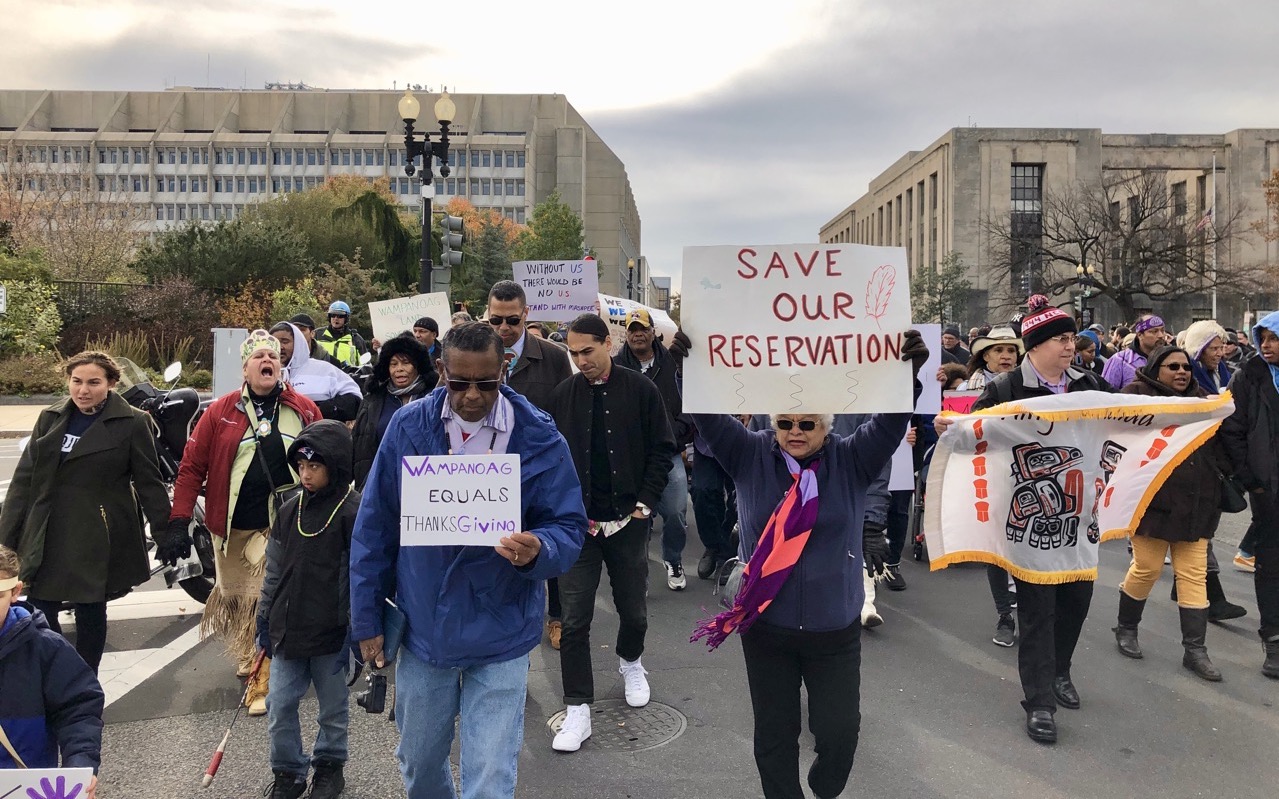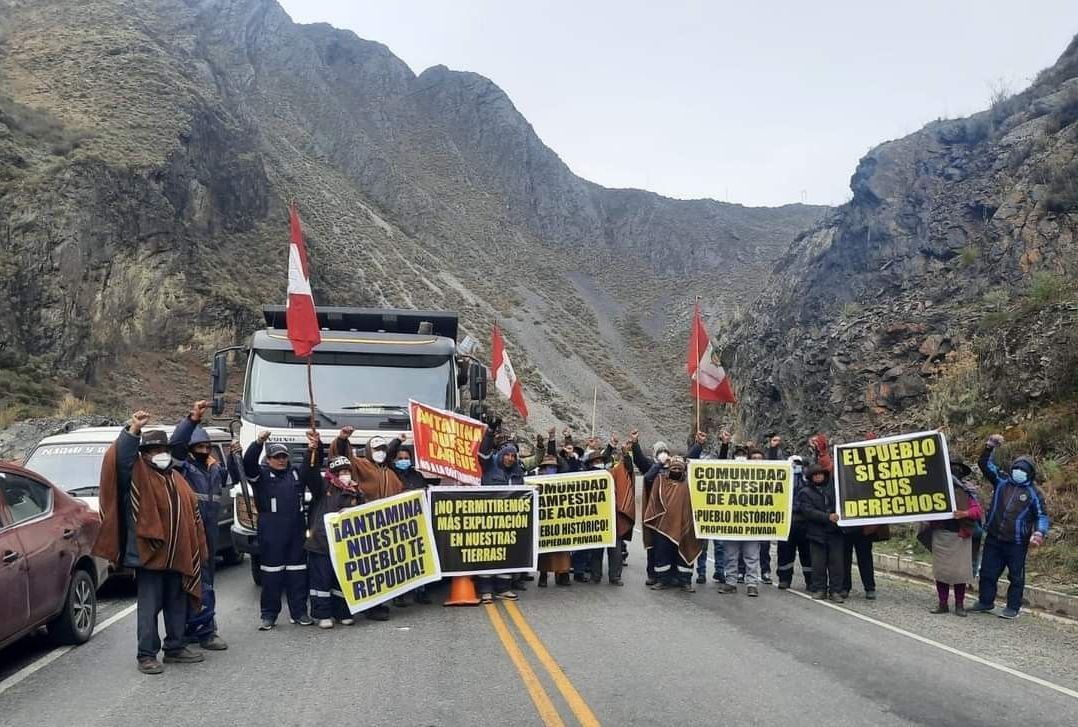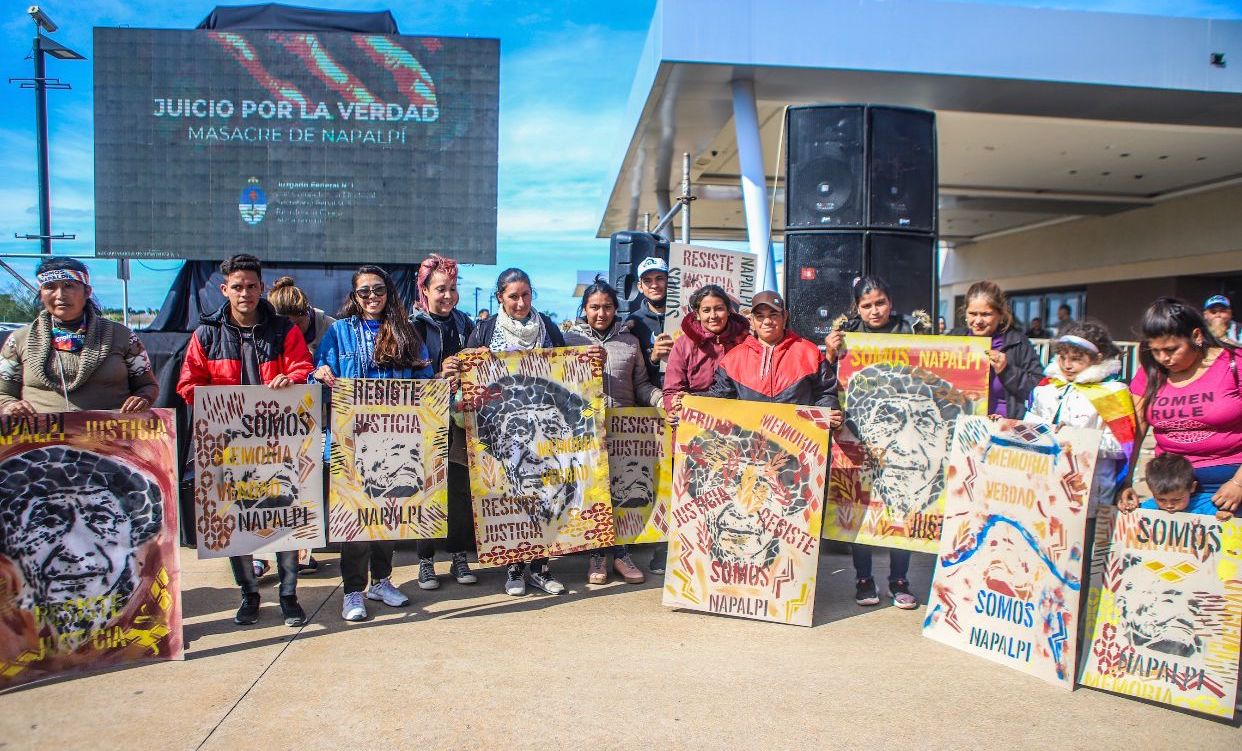
Argentina: state liable for 1924 massacre
A federal judge in Argentina’s Chaco province ruled that the national state bears responsibility for the 1924 massacre of some 500 indigenous laborers in the region, and ordered that reparation measures be instated. On July 19, 1924, national police and vigilantes linked to the area’s landowners fired on a large group of indigenous protesters, who were marching over harsh conditions on the cotton plantations where they had been reduced to forced labor. The case was brought by Argentina’s Secretariat of Human Rights and the local Chaqueño Aboriginal Institute. The verdict was read in the indigenous languages Qom and Moqoit as well as Spanish. (Photo: Secretaría de Derechos Humanos)



